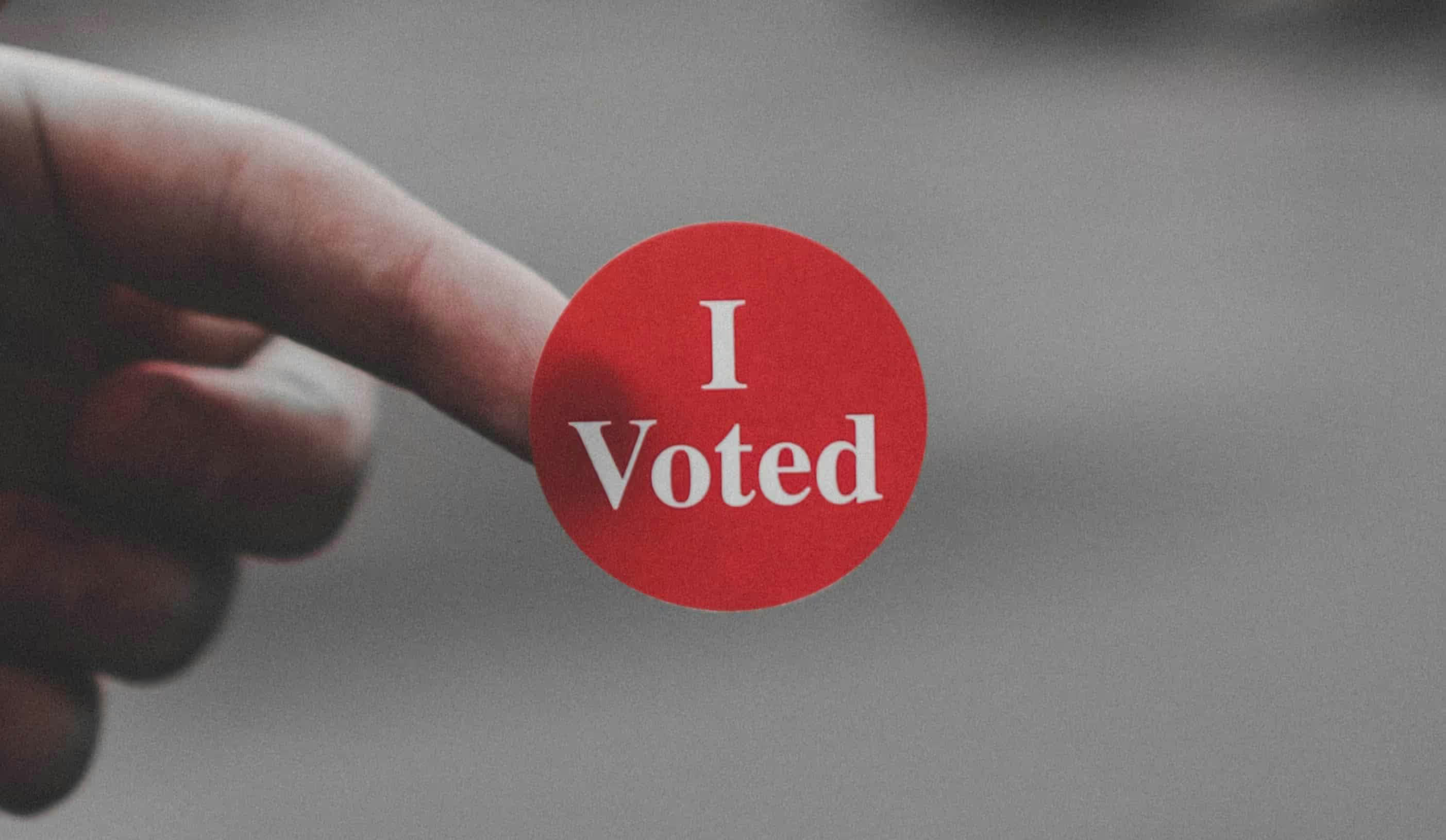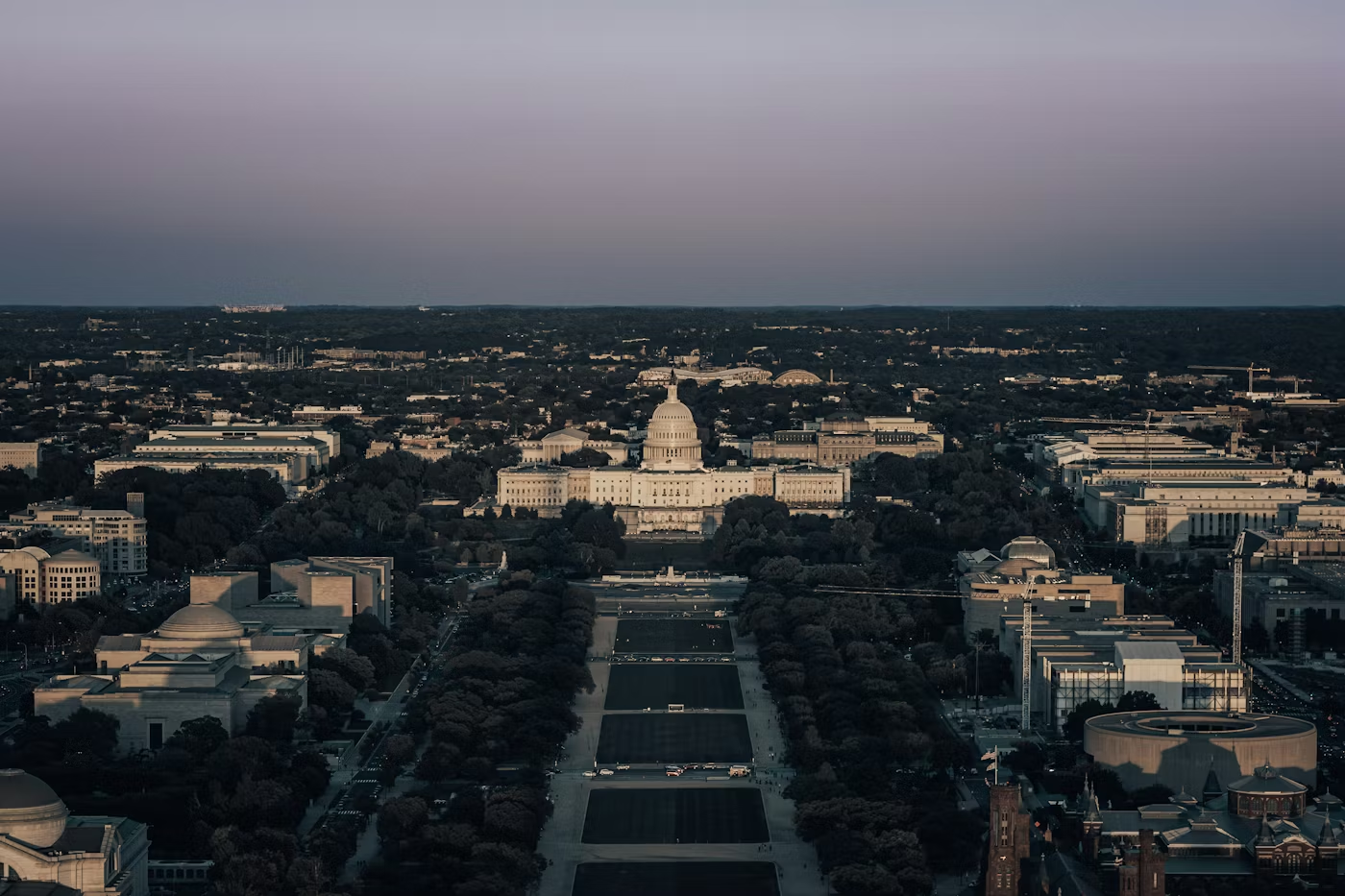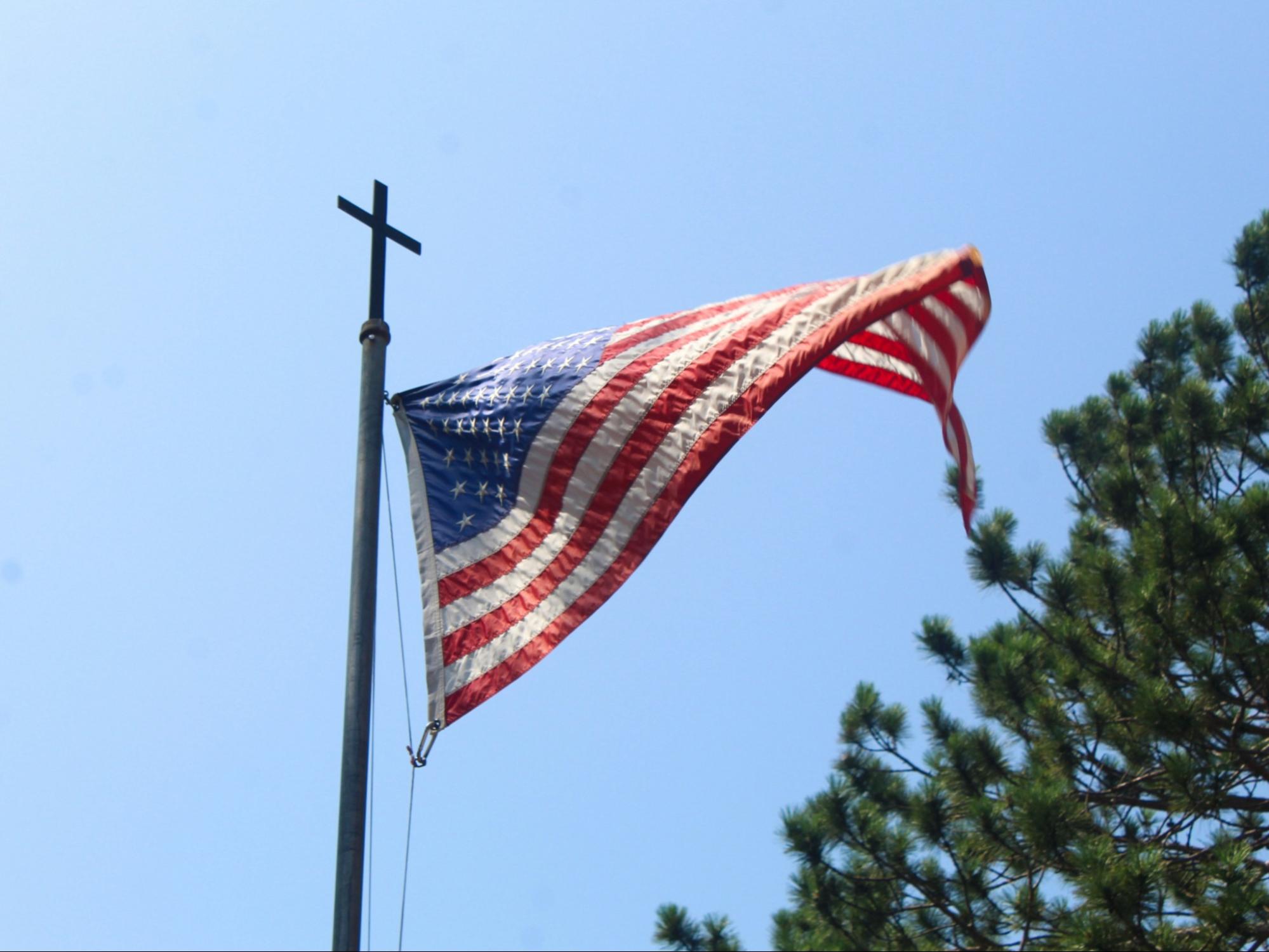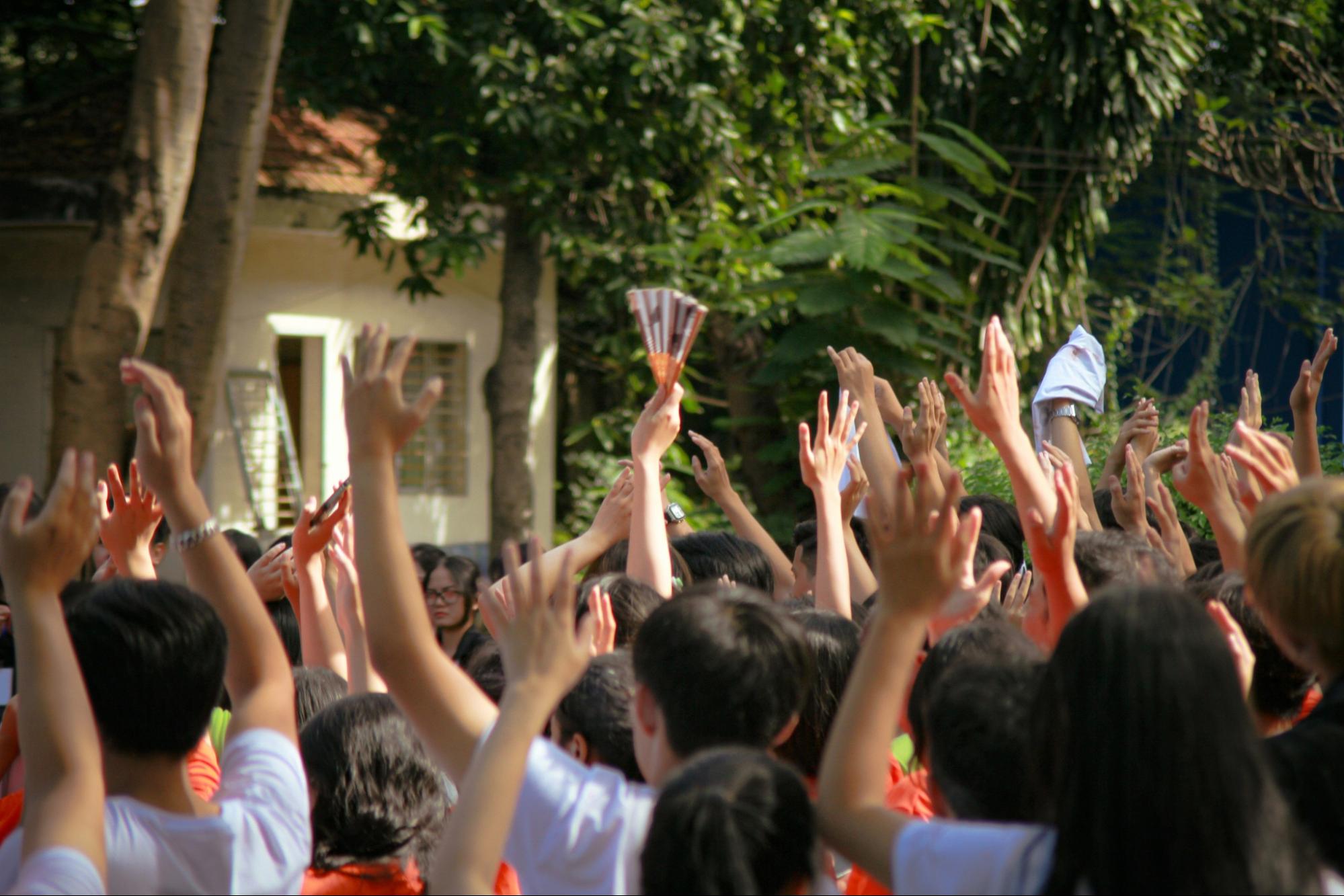
Advocacy
Sunday Voting is a Step Forward for Religious Freedom
For Americans who attend houses of worship, Sunday is the most active day. However it is not the only day that faith communities gather to worship. Many faith traditions have other days and times for sacred gathering. For example, Seventh-Day Adventists and Jews hold Saturday as the day of rest. Engaging in everyday activities - including voting - for some violates the observance long held as defining proper religious conduct.
As early voting becomes commonplace across the country, many jurisdictions have opened polling places on every weekday and often on Saturdays. Sunday voting opportunities are less frequent, making it more difficult for Saturday sabbath-observers to vote if they do not receive time off to vote during the workday. As Congress and state legislatures reexamine voting rights in this country, Sunday voting is key to protecting both voting rights and religious freedom for all Americans.
Last week, the city of Alexandria, Virginia took steps to increase access to the ballot box by holding its first-ever opportunity for Sunday voting. Hailed by advocates as a “day to make history,” election activists greeted people at the polls, regardless of their faith or lack thereof. Interfaith Alliance president Jack Moline, a Conservative rabbi, made a point of going to the polls that day to cast his vote in the electoral contests locally and state-wide. Even though Interfaith Alliance does give employees time off to vote, demonstrating support for Sunday voting is an important step to encouraging other jurisdictions to follow suit.
Sunday voting is a demonstration of our commitment to true religious freedom. But where Sunday voting has a place in strengthening our democracy, elections do not have a place at church on Sundays.
Electioneering by any 501(c)(3) non-profit – which includes all tax-exempt religious institutions – is prohibited at the risk of revocation of the privileged tax status granted by the government. Candidates may appear and send messages to houses of worship as long as all candidates are offered the same opportunities. Endorsements, and even the appearance of endorsements, are strictly prohibited.
Unfortunately, while some were voting, others in select churches across the Commonwealth of Virginia were presented with a two-minute video endorsement of former governor and candidate for a second term Terry McAuliffe by Vice-President Kamala Harris. In the estimation of Interfaith Alliance, these presentations were clear violations of the Johnson amendment to the tax code as communicated to the candidate and the Office of the Vice-President.
Interfaith Alliance has actively objected to the intrusion of campaigning into the pulpit whatever the contest and whichever the party. Guidance on the laws governing these activities is available from Interfaith Alliance.
During election season, it is important that houses of worship focus on faith - not politics. Opening Sunday voting is a step forward for true religious freedom in our country. Our leaders both in the legislature and in our faith communities have a responsibility to protect the integrity of both religion and democracy.
Learn about Interfaith Alliance’s efforts to advance true religious freedom.
Transcript

Interfaith Alliance Calls on DOJ to Prosecute ICE Cruelty
Interfaith Alliance joined over forty civil-rights groups in urging the DOJ’s Civil Rights Division to independently investigate recent federal shootings of civilians by immigration agents, and shortly after DOJ announced a civil-rights probe into the Minneapolis killing of Alex Pretti by federal officers

The Trump Administration’s Latest Attacks on Immigrants Threaten Religious Freedom
A Texas Episcopal priest’s detention by ICE is a concerning development in the midst of the Trump administration's attack on religious freedom. It shows how unchecked enforcement threatens our faith communities and furthers an already eroding public trust.

